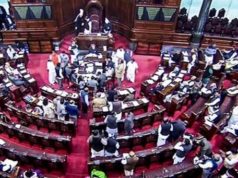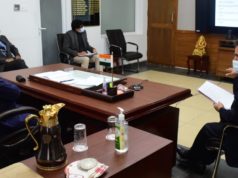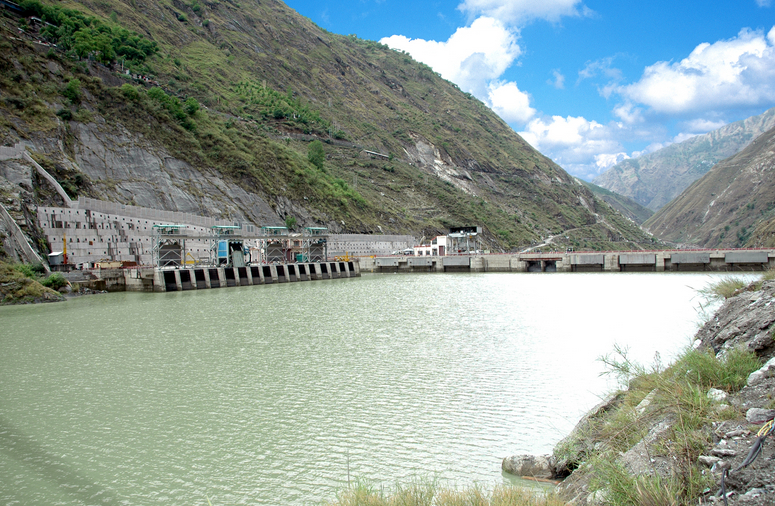After taking back possession of a land allotted to Baba Ramdev’s Pantjali Yogpeeth for alleged violations of statutory provisions, Himachal Pradesh government has begun another probe into permission granted to Prashant Bhushan to purchase land in the state.
Revenue Minister Kaul Singh Thakur claimed that the permission granted by the previous BJP led Govt to Prashant Bhushan’s Kumud Bhushan Educational Society, was questionable and revenue department has asked deputy commissioner concerned to furnish the all relevant details in this case. Minister said
We have sought replies from revenue officials on eleven queries in respect of 4.68 hectare land purchased by Kumud Bhushan Education Society of Prashant Bhushan and necessary follow up action would be taken in case Land laws and Land ceiling Act was violated in granting the permission by previous BJP government
Kaul Singh Thakur said the government would act on the basis of the deputy commissioner’s report.
Kumud Bhushan Educational Society was allotted land by the previous government. The authorities of the Revenue Department have begun scrutinising of documents pertaining to the purchase of land by the society. The sale deed of the land was registered before a local registrar on March 4, 2010 and Revenue officials are scrutinising the relevant documents for preparing the report to be sent to the government for follow up action.
The owner of the land, a resident of Kamlehar (Palampur) village was granted permission to transfer this tea garden to Bhushan’s society in relaxation of sections 6-A and 7-A of the HP Ceiling Act, 1972, and the society was also allowed “change in land use”.
However, HP Land Revenue Act prohibits sale of tea gardens. Under section 6 A of the Ceiling Act: “If the land exempted under ceiling Act is put without the permission of the State Government to any other use than raising or maintenance of tea plantation or a purpose subservient to tea plantation, it shall be treated as surplus area and shall be deemed to have been acquired by the state government for a public purpose.”
It is also interested to note that the tea estates were exempted under the ceiling Act on the basis of their nomenclature as “tea gardens” and change of use of such expected land was prohibited.














